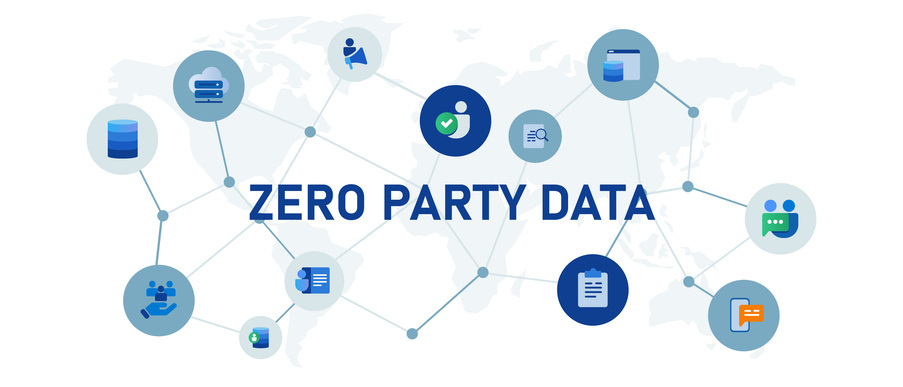There used to be a misconception that customer relationship management (CRM) software was the preserve of large businesses: it’s not. CRM is for companies of all sizes which want to make better use of information to build better relationships, and ultimately sell the right product at the right time to the right customer.
Identifying that your business could benefit from a CRM system is the easy part, but making sure that you select the right one will require some input and research. However, investing the time at this stage will help ensure you get it right and save a lot of frustration down the line.
The key to selecting the right CRM system, is to understand what your business requirements are and how these are likely to change in the next couple of years. Are you a growing business that needs to manage relationships more efficiently? Do you have plans to hire new sales team members? Are you a new business wanting to build a customer base? Other features you may also want to consider are how well the software helps with forecasting, lead tracking and sales activities.
The quickest way to alienate potential users of a CRM system is to present them with software that is unintuitive and difficult to use. A good CRM system will allow your whole company to see where various offers are, and will include information such as when the last time a customer was contacted or purchased something. It will also allow members of the management team to track sales and performance without needing additional help. Make sure you trial the software before adopting it.
Smart phones have transformed the way many entrepreneurs conduct business today, and one area where they are making a real difference in is CRM. Being able to access your customers’ data whilst away from the office can provide real competitive advantage in the small business arena. This functionality is becoming increasingly important for SMEs and should be part of the software you choose.
Small businesses that rely heavily on social media such as Twitter, LinkedIn and Facebook should focus on software that offers easy integration with social networks. Not all software does this, so if a lot of your customers are active social media users, it should be an important consideration.
If you’re a small businesses that relies predominantly on email and phone communications with your customers and prospects, you should be looking for software that can integrate well with Outlook and other email clients. If your firm falls within this category, you should be looking for software that helps them improve efficiency and maximises email marketing.
It is important that SMEs focus on adopting CRM solutions that have been specially designed for small businesses. You may want to consider flexible offerings where you can pick and choose the functions of the CRM solution you need. Rather than having to purchase a whole business CRM solution that includes sales force automation, warehouse and development management, and other activities that your small business might not engage in; you can choose only those tools that you will use.
Small businesses should also remember to evaluate what a potential vendor offers besides the actual tool. You should investigate whether online help, training or support is provided.
Another consideration which is often overlooked is whether there is an established vibrant community of users. These groups can offer help and can prove indispensable.
Also see: How to use CRM to get the most out of your business




